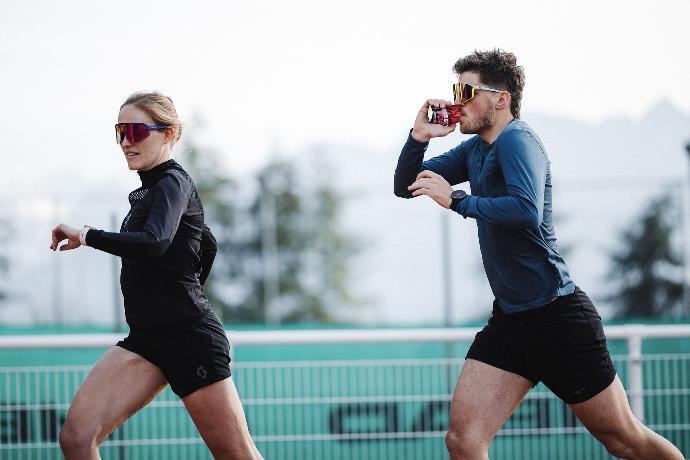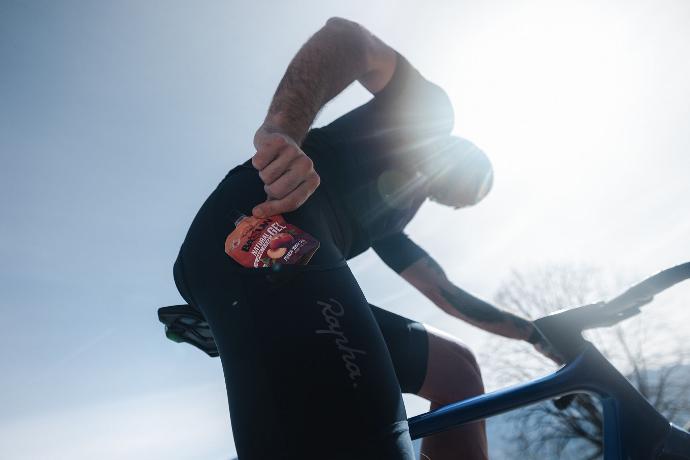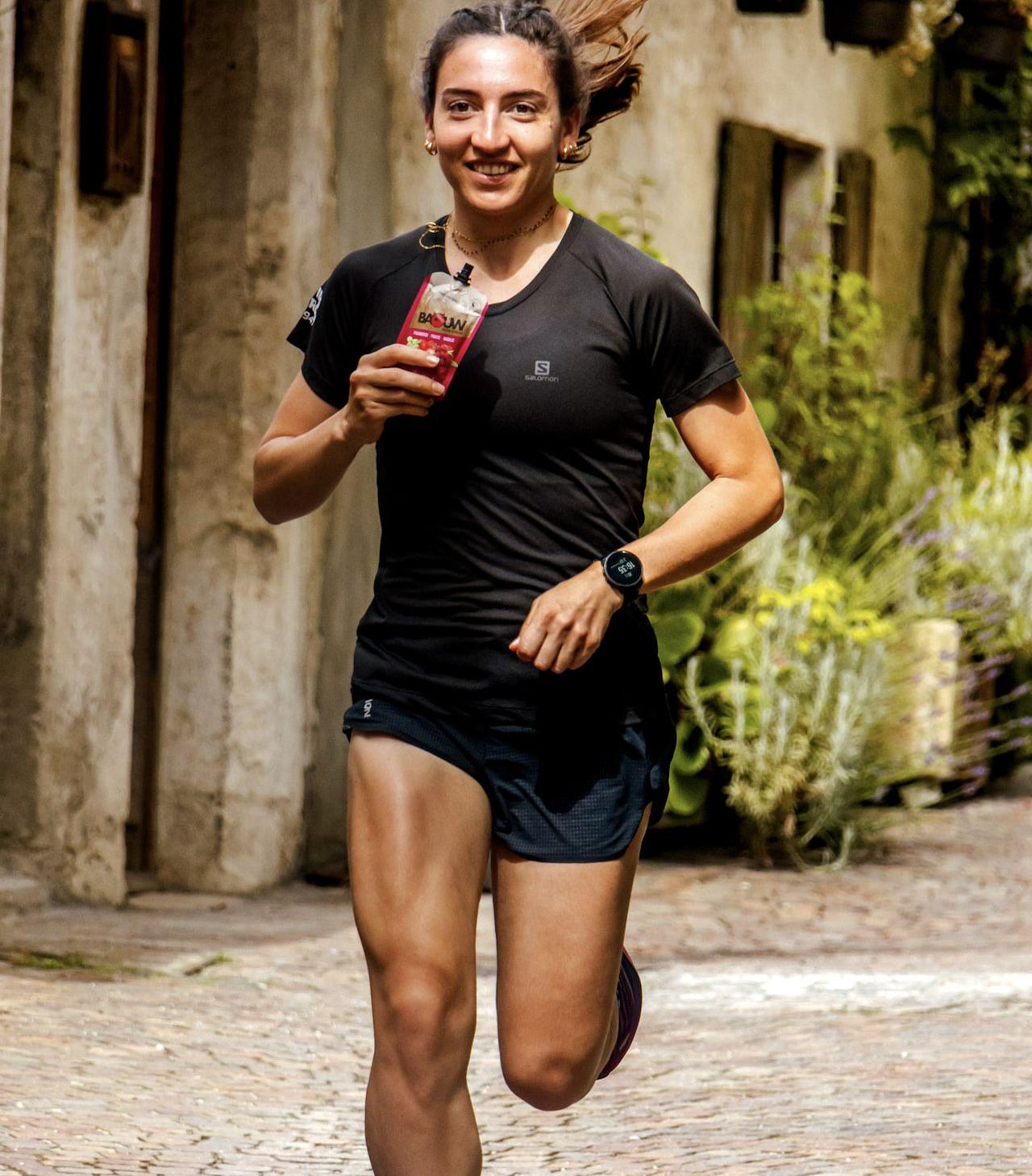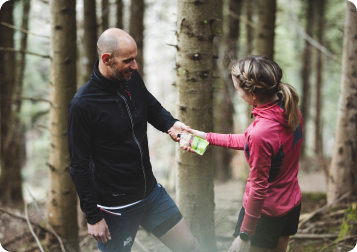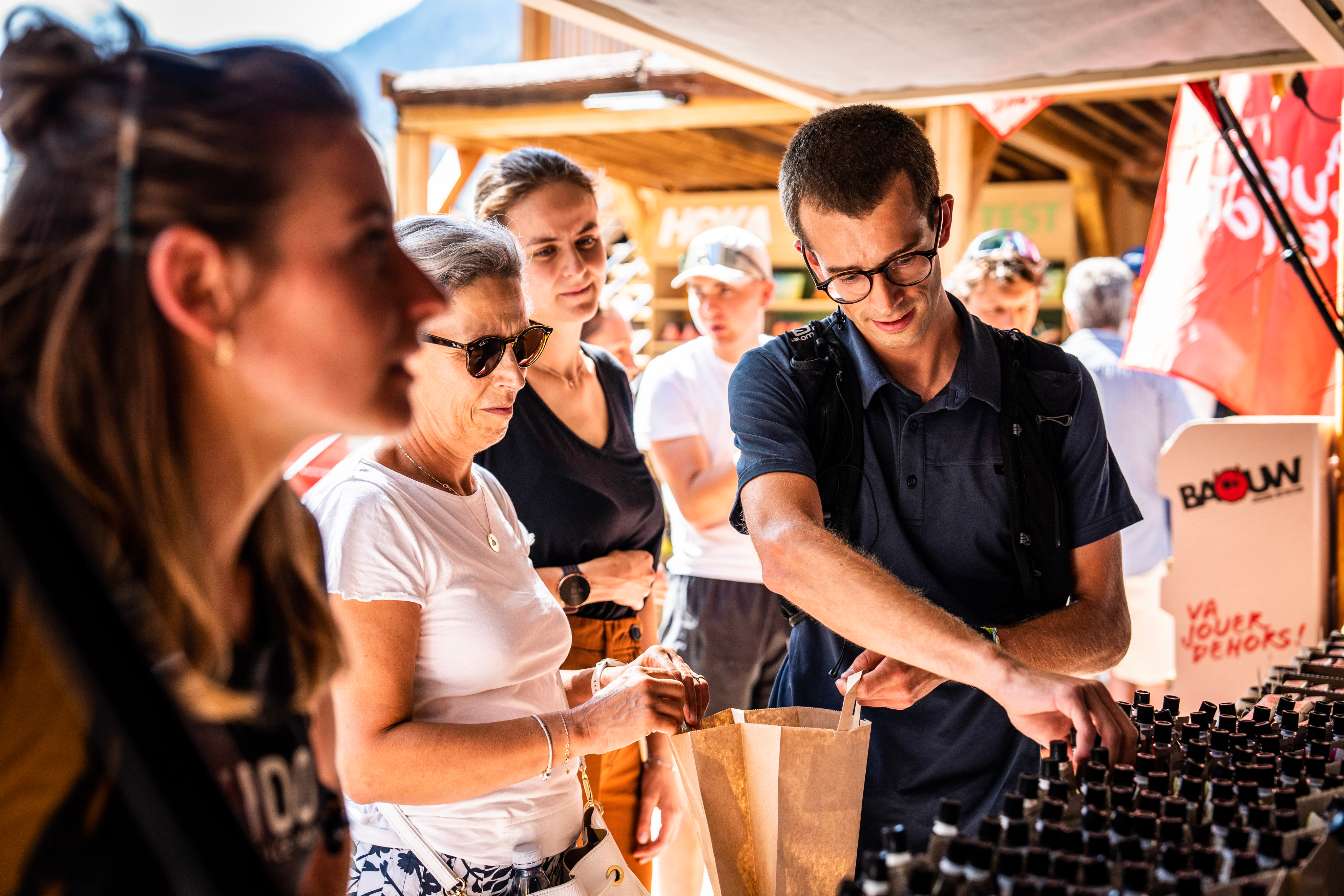UNDERSTANDING AND MANAGING ENERGY RESERVES TO BOOST SPORTING PERFORMANCE
Energy reserves are an essential concept for any sportsperson looking to optimise their performance. When it comes to sport nutrition, understanding how to manage your energy reserves effectively can make all the difference. In this article, we explain what energy reserves are, their role in sports performance and how to make the most of them for maximum results.
UNDERSTANDING THE CONCEPT OF ENERGY RESERVES
Energy reserves refer to the different sources of energy that the body can use to sustain physical effort and help you to excel. The main energy reserves include glycogen stored in the muscles and liver (remember, we talked about this in our article on the’getting start !, as well as body fat. Glycogen is a form of carbohydrate stored in the liver and muscles, which can be quickly accessed to provide energy, whereas fat is a longer-lasting but less immediately available source of energy. For an athlete, the two are complementary, so to speak!
ENERGY RESERVES AT THE HEART OF SPORTING PERFORMANCE
Energy reserves play a major role in sporting performance, particularly in endurance sports. For example, during a marathon, glycogen reserves can be depleted after around 90 minutes of intense effort, leading to premature muscular fatigue and a significant drop in performance if they are not properly managed... hence the importance of an effective nutritional strategy to maintain an optimal level of energy reserves.
WHICH BAOUW PRODUCTS SHOULD YOU EAT DURING EXERCISE TO MAKE THE MOST OF YOUR ENERGY RESERVES?
There's no mystery about building up and maintaining sufficient energy reserves: the key is diet. The carbohydrates mentioned above are particularly important, as they are converted directly into glycogen. At Baouw, our products are designed to provide the essential nutrients you need just before and during exercise, while looking after your health. Our getting start !, our gels énergétiques d'origine naturelle getting start ! getting start ! practical and effective options for rapidly boosting glycogen levels. And don't forget to stay hydrated, if possible alternating between mineral water and sodium-rich water to compensate for the losses you inevitably incur during exercise through perspiration...
THE RIGHT STRATEGY FOR MANAGING ENERGY RESERVES
Managing energy reserves starts well before the sports session. Consuming complex carbohydrates before exercise helps to maximise glycogen reserves, provide your body with sufficient fuel and prevent depletion of reserves. What's more, antioxidants play a significant role in preventing oxidative stress, which is naturally caused by physical effort, so it's a good idea to add some to your diet beforehand: you might as well kill two birds with one stone! After training, on the other hand, a diet rich in carbohydrates AND protein helps to replenish glycogen reserves and repair muscle tissue for a good recovery. Wholegrain cereals, top-quality, sulphite-free cold meats, dried fruit, pulses, eggs... you're spoilt for choice! Of course, we can only recommend that you choose products with no artificial ingredients or added sugar. Also think about your vitamin intake after your sports session, which ideally means adding raw vegetables as a starter or vegetables to your dish. Your body has already done its best during the effort, so it's a good idea to give it some easily digestible food in the hours that follow. .
Practical, concrete advice for athletes
To make these products an effective part of your sports nutrition programme, you need to plan your intake according to your specific needs. These can vary according to the intensity of the effort required, for example:ideal diet for a 10 km run will differ slightly from the refreshments you need for an ultra trail run. Your snacks, intended to provide you with carbohydrates and essential nutrients during the event, can be taken every 30-45 minutes and added to regular hydration in small sips. Managing energy reserves is a key component of sporting performance. By adopting an appropriate nutritional strategy and using carefully selected products, athletes can maximise their performance and recover more effectively. A good understanding and effective management of your energy reserves can transform your results and help you perform at your best. By adding energy and determination, you now have everything you need to take on your next sporting challenges!
©Justin Galant
©Clin Olivero



